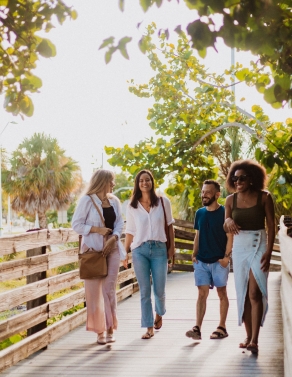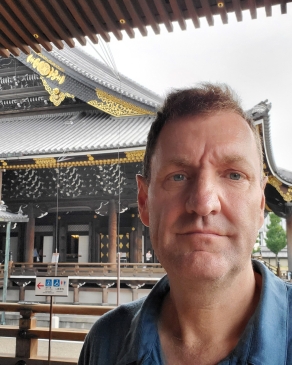Earth Day 2021 saw the tourism industry starting to recover as vaccines roll out and traveler optimism and bookings begin to bounce back. It is also an important inflection point. Will tourism recover in ways that are more thoughtful, sustainable and focused on broader benefits? Central to turning these aspirations into action in your destination is having a clear strategy – one that outlines the vision for your destination and the special values and experiences you want to protect, restore or enhance. A strategy that is results-focused and defines the practical steps and your organization’s role in achieving this vision is key.
In honor of Earth Day, we’re publishing the Strategy toolkit to share resources and recommendations in plotting the sustainable return of tourism in your destination. Below are excerpts from this toolkit, offering tips for what defines a successful strategy and suggestions for finding the right vendor to help you create (or update) a practical, broadly supported plan of action.
The recovery in tourism is now gaining momentum and this rebound may quickly shift the focus away from the desire to “build back better”. The time to turn aspiration into action and start enabling real change is now.
Five Resources for Earth Day 2021
- Strategy Tool Kit – resources for destination development, management & sustainable tourism plans (see excerpts below)
- “Funding for Tomorrow” - a summary of 10 international best practices in tourism taxation and funding from two major studies across both North America and Europe. Resources including regenerative tourism recommendations.
- 2020 Earth Day Special Edition Webinar – Travel Oregon, Colorado Tourism Office, Solimar International and Destination Analysts
- Eight Ways to Build a More Sustainable Future for Tourism
- The State of the American Traveler - Destination Management Edition
Tips for Successful Destination Development & Sustainable Tourism Strategies
In our experience, four factors differentiate successful destination development and sustainable tourism strategies that have an impact from the those that gather dust on a shelf.
- Quality of Consultation. Destination development and sustainable tourism strategies require involvement and support from a wide range of agencies and stakeholders. Getting their input and insuring they feel part of the process is often critical to ensuring that the strategy will be recognized and implemented.
- Practical & Actionable. Many strategies have lofty ambitious and platitudes but lack practical ways to turn its vision into meaningful change. Focus relentlessly on practical short, medium and long term actions that will make a difference. It often pays to start small with modest steps that demonstrate results and build support.
- S.M.A.R.T Goals. To make the strategy actionable over the longer term, you need to ensure the strategy has objectives that are Specific, Measurable, clear in Accountability, adequately Resourced (money and manpower) and Timely.
- Living Document & Process. Finally, it is important to understand that your destination development and sustainable tourism strategy is part of a process that is ongoing and never ends. Ensure the strategy is continually referred to and regularly reviewed and updated as challenges, opportunities and conditions change.
Tips for Writing Your RFP
We would recommend creating an RFP for a Destination Development and/or Sustainable Tourism Strategy that is not highly prescriptive but instead give vendors flexibility in answering how they would approach your specific project and their "thinking" on methodology and approach. You should clearly state your objectives and the outcomes you are seeking plus ask about specific experience in areas that you know will be part of the Destination Development process. This allows you to better understand the thinking, people and culture of each vendor, and if they are a good fit with your organization and destination. This approach usually brings fresh and innovative ideas that a highly prescriptive RFP may preclude.
- See the white paper, "Crafting a Smart RFP" here. Though this is focused on marketing-orientated RFPs, it still has a range of useful suggestions for finding the right partner for your Destination Development & Sustainable Tourism Strategy project.





